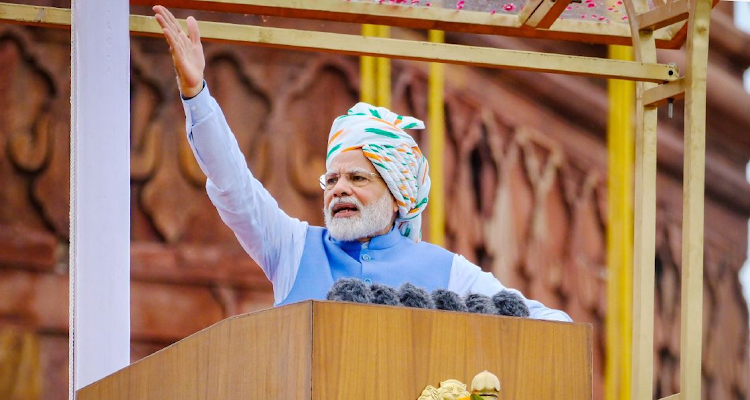G20 summit signals a more divided world

Instead of reducing the geopolitical fragmentation, the G20 resolutions seem to increase complexity even further
The G20 summit in India — a Brics member and apparent rival to the dominant fellow member China — ended with a mix of both surprising and long-expected outcomes detailed in what has been termed the New Delhi Declaration.
On the face of it, there was consensus on the major issues plaguing the global economy and world leaders that might cause one to pause, assess and potentially be hopeful for a better geopolitical future than in recent years.
However, there was another development that extends the current apparent geopolitical divide from the two-way US-China rivalry to a three-way US-China-India one. Effectively, instead of reducing the geopolitical fragmentation, the G20 resolutions seem to increase complexity even further.
Let’s begin with the surprise. On the sidelines of the G20 summit, a memorandum of understanding on the India-Middle East-Europe Economic Corridor, which will rival China’s Belt and Road initiative, was signed. Under this agreement, there will be rail and shipping links between India, Europe and west Asia.
This could be viewed as strengthening the US’s diplomatic position, given that US President Joe Biden co-chaired the signing with Indian Prime Minister Narendra Modi. With India being part of the now 11-member Brics+, its collaboration with the US on a major corridor rivalling that of China extends the geopolitical complexities with which business must deal.
How does a South African business choose a jurisdiction between India, China and the US given the lessons from Russia’s sanctions and the subsequent capital losses by businesses that operated there?
There is a possibility that the ongoing technology war between the US and China will extend to India and China. But how does India play both the US and China without being hurt when the two countries are already hurting each other economically?
IN NUMBERS: 1.4-BILLION
The additional number of people now represented at the G20, with the inclusion of the African Union.
By extension, how will corporates establish a presence in India and China while avoiding the risks that come with the fact that these two countries are in a love-hate alliance?
Only time will tell, but the risks are not zero if one needs access to the second-biggest economy that is China, the fast-growing India, and the still mighty US.
The 93-odd paragraphs of the New Delhi Declaration had one more unexpected twist as far as Russia’s war in Ukraine is concerned. The joint declaration seems to have struck a consensus on toning down the criticism of Russia’s invasion of Ukraine, which China and Russia wanted to avoid altogether but which Western countries wanted to remain on the discussion table.
There is no easy way to assess what this means for the war in Ukraine, but one hopes it could be the start of the conversation that will lead to the end of the war, which remains a risk to the energy markets, the global economy and emerging markets.
There were five other major developments. First, the 55-nation AU was admitted as a full permanent member, which gives Africa more voice at the global arena, in addition to South Africa which was hitherto the only country from the region with full membership. There is more representation of the global south with its 1.4-billion people. This continues the momentum from the Brics summit held in South Africa last month.
Second, there was consensus on the need to reform international institutions such as the IMF and World Bank, which has been a major call from emerging and developing countries for a while. This might affect funding for major issues such as climate change, particularly for developing countries.
Third, there was consensus on the need for debt relief for poor countries such as Ethiopia, Ghana and Zambia. Fourth, there was consensus on the need to regulate cryptocurrencies due to the threat they pose to the financial systems. Fifth, an initiative called the Global Biofuel Alliance was launched, with the aim to increase ethanol blending in petrol to 20% to address climate change.
India seems to have achieved a lot, making the G20 summit a success by, among others, avoiding confrontation on Russia’s war in Ukraine, and providing an alternative leadership for global co-operation to that of China.
Despite this, the fragmentation appears to be increasingly complex rather than less, which increases the risks for multinational businesses.
